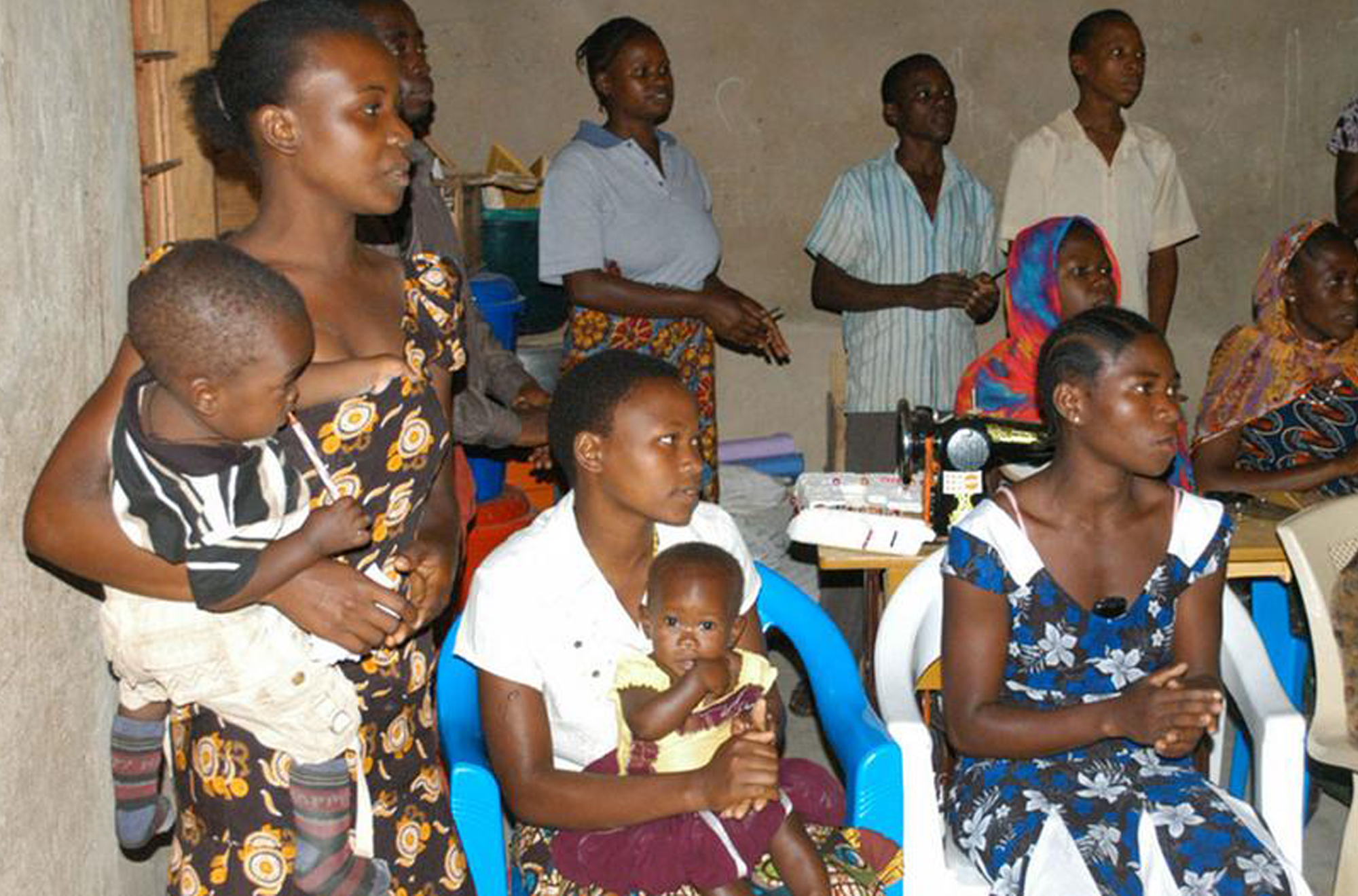
by Bilikisu Elewonibi, Caroline Amour, Sarah Gleason, Siya Misuya, David Canning, Iqbal H Shah
Contraception February 2021;103(2):127-31 DOI: 10.1016/j.contraception.2020.10.013 (Not open access)
Abstract
Objectives – Tanzanian abortion estimates rely on health facility data that do not take into account completely the incidence of abortion. This papers aims to estimate the lifetime incidence of induced abortion in Arusha, Tanzania, via direct and double list-experiment methods using community data and evaluate outcomes and behaviors of women who had an abortion.
Methods – From January to May 2018, a face-to-face interview survey was conducted on a representative sample of sexually active women (n=3658) living in Arusha, Tanzania. Participants were selected in a three-stage random process and questions were asked about reproductive history, contraceptive use, and health seeking behaviors. A direct question and double list-experiment was used to estimate lifetime incidence of abortion.
Results – Lifetime abortion incidence was 3% using the direct question compared to 7.7% using the double list-experiment method. However, post-estimation tests revealed a key study design violation thus invalidating the experiment estimate. We found that 45% of women received their abortion outside the formal health care system, the most frequent method used was manyono pill (traditional medicine), and only 50% of women who experienced abortion complications sought treatment.
Conclusions – Nearly half of reported abortions took place outside of the formal health system highlighting the substantial under-estimation while using facility data to measure abortion. Seeking health care for potential complications was low despite post-abortion care services being free and legal in Tanzania.
Implications – Using administrative data to estimate lifetime incidence of abortion is inaccurate as we found half of our sample received abortions outside a health facility. Women should be encouraged to seek post-abortion care, when needed.
PHOTO: Many girls drop out of school due to unplanned pregnancy, dw.com, 13 January 2016



